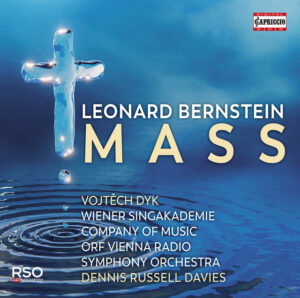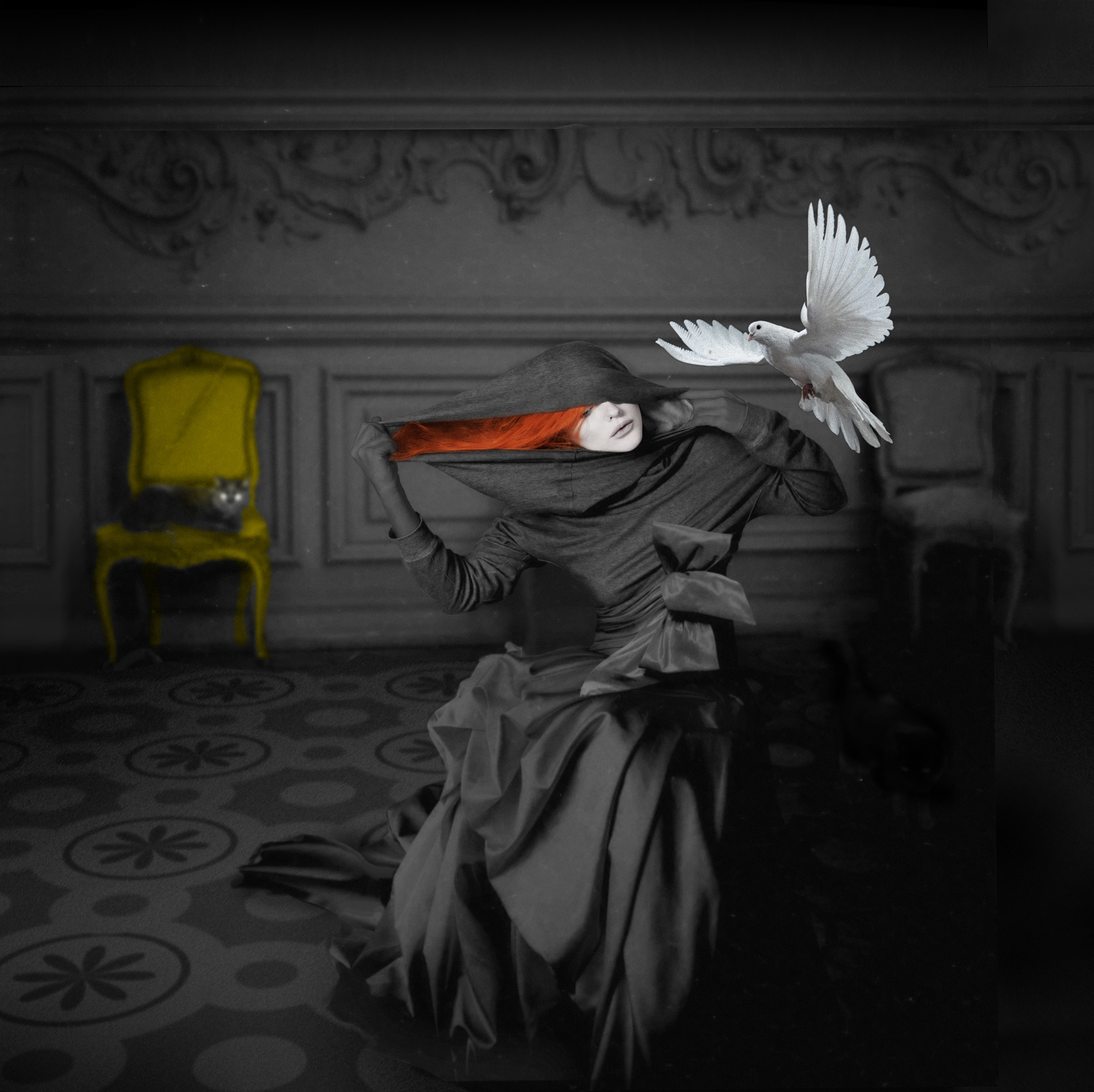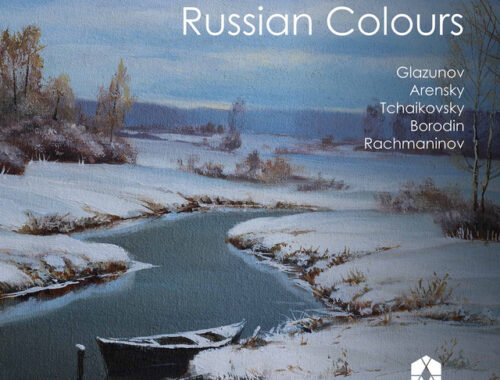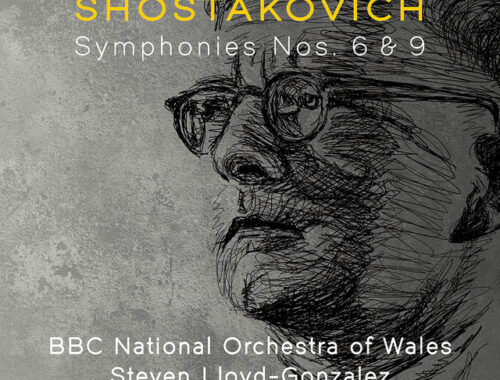GRAMOPHONE Review: Bernstein Mass – Vojtěch Dik, etc., ORF Vienna Radio Symphony Orchestra/Russell Davies
 It is a truth universally acknowledged that I think this to be a masterpiece – perhaps Bernstein’s most significant, and certainly his most creatively virtuosic, work. But it is also his most challenging stylistically and for a group of performers to inhabit its myriad musical idioms with spontaneity, confidence and aplomb is a very big ask – especially if those performers are from cultures less well versed in its very particular musical language – or to be more accurate, languages.
It is a truth universally acknowledged that I think this to be a masterpiece – perhaps Bernstein’s most significant, and certainly his most creatively virtuosic, work. But it is also his most challenging stylistically and for a group of performers to inhabit its myriad musical idioms with spontaneity, confidence and aplomb is a very big ask – especially if those performers are from cultures less well versed in its very particular musical language – or to be more accurate, languages.
We have here an American conductor – Dennis Russell Davies – whose versatility and grasp of stylistic diversity is tried and tested; but he is working with Vienna-based forces who might recognise and assume its musical multiplicity but who clearly cannot pretend that it is second nature to them. Sporadically they make a good fist of it, hitting the mark on occasions but also too often falling wide of it.
The key to success in this piece lies with a high degree of choral and instrumental flexibility, not to say abandon. Casting is crucial, too, both in the pivotal role of the Celebrant – taken here by the Czech-born Vojtech Dyk – and the individual and mightily challenged members of the Street Chorus who need to ‘own’ the amazing ‘Tropes’ that pepper the musical narrative. Even the legit voices among them need to be rock stars in the best sense. And here they aren’t, I’m afraid. They lack the ease and the attitude of the colloquial. In a word they must sound ‘streety’.
That wonderful grouping of solo numbers in the Credo, for instance, including the extraordinary ‘World Without End’ and culminating in ‘I Believe in God’, sound like ‘impersonations’ of the style not the real thing and the rebellious rocker of the latter just sounds hectoring as opposed to confrontational. There is also an uncomfortable sense of the solo voices being miked in a reverberant space (the Konzerthaus Vienna) and even though the engineers capture the perspectives and spacial effects well enough (though surely the tape interjections in the Credo should be more ‘present’?), there is nonetheless, despite the punchy immediacy of percussion and electric guitars, an inescapable feeling that we are in the wrong venue for a piece that is at its heart so theatrical. Or maybe it’s just that the whole performance needs to loosen up. Russell Davies is fine, indeed searching, in the Meditations and the omnipresent Chorale has Bachian depth and nobility – but these moments are meat and bread to these performers, others less so.
Vojtech Dyk is clearly a ‘presence’ as the Celebrant – he feels very ‘now’ – but he starts as he means to go on adding a few too many vocal riffs and embellishments of his own to the number that is called ‘Simple Song’ for a reason. I was, though, touched by his child-like delivery of the Lord’s Prayer setting and ‘I Go On’ which follows – for me the most beautiful of the Tropes – certainly comes from the heart, as does the touch of ecstasy he brings to the ‘song about the writing of a song’ in the Sanctus. His meltdown at the climax of the piece is possessed of a maniacal, almost cartoonish, relish – but there are moments too of great beauty which need to be more diligently sung.
If I’m honest – and despite its technical shortcomings – no recording has ever come close to the spirit of Bernstein’s own with Alan Titus a matchless Celebrant (later to grow up to be a Wagnerian baritone, a Bayreuth Wotan) and a Street Chorus of incomparable panache and individuality. And, of course, Lenny’s own overwhelming presence.
The final pages of Mass, not least the gathering canon of Lauda, Laude culminating in the heart-stopping final appearance of the Chorale, is Bernstein at his most unashamedly generous and glorious. I wonder why they left off the final words ‘The Mass is ended. Go in Peace.’?




